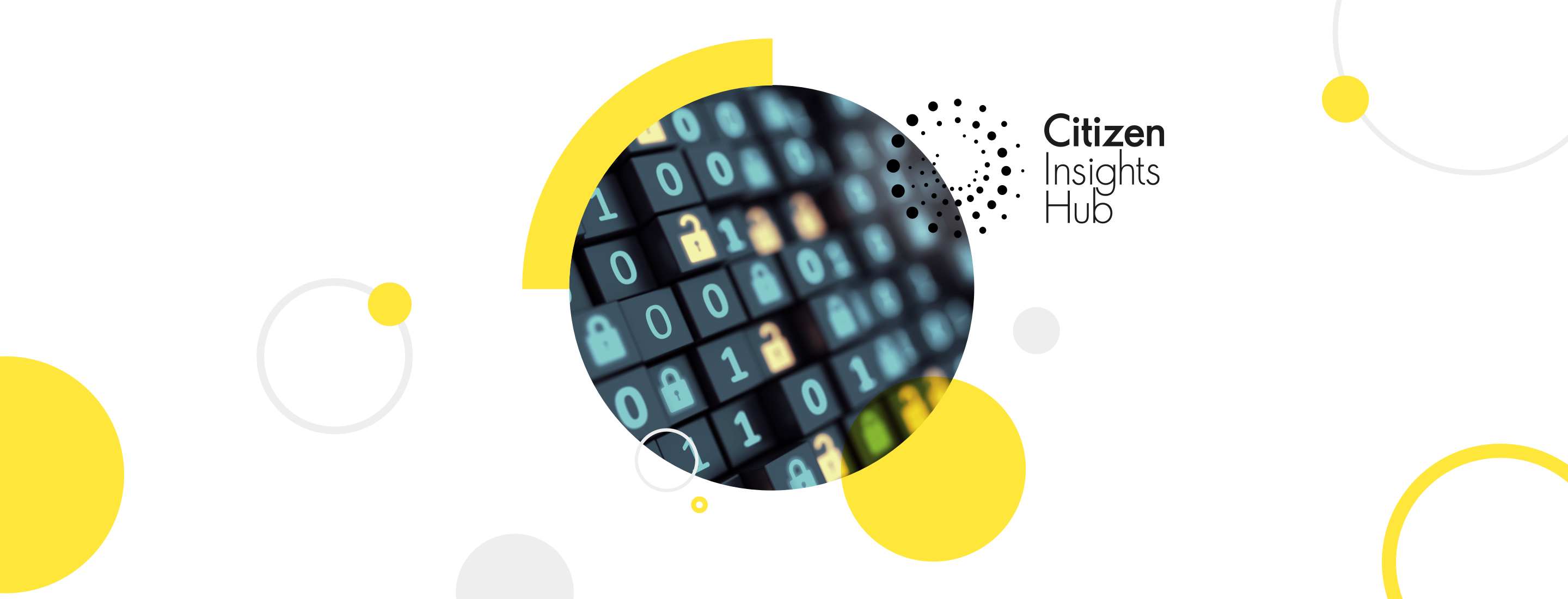Australians are increasingly using digital government to access key services in their everyday lives. The findings of the latest edition of the Publicis Sapient Digital Citizen Survey showed that 94 percent of citizens used at least one digital government service in 2022. The research polled over 5,000 participants from across Australia to analyse how citizens engage with governments through digital services. The research found that most Australian citizens are comfortable with technology and are very satisfied with digital government services—however, data privacy issues must be addressed for digitalisation to be optimised.
Most popular services
MyGov (56 percent), healthcare (55 percent) and financial services/taxes (45 percent) were among the most accessed digital government services in 2022. Healthcare services (92 percent), transportation/recreation services (92 percent) and general (MyGov) services (89 percent) also registered the highest positive rating amongst the listed digital government services.
Technology was a key enabler during major life events as almost half of all Australian citizens (42 percent) said that digital services simplified administrative tasks, and only 32 percent said they did not use a digital service during this time.







